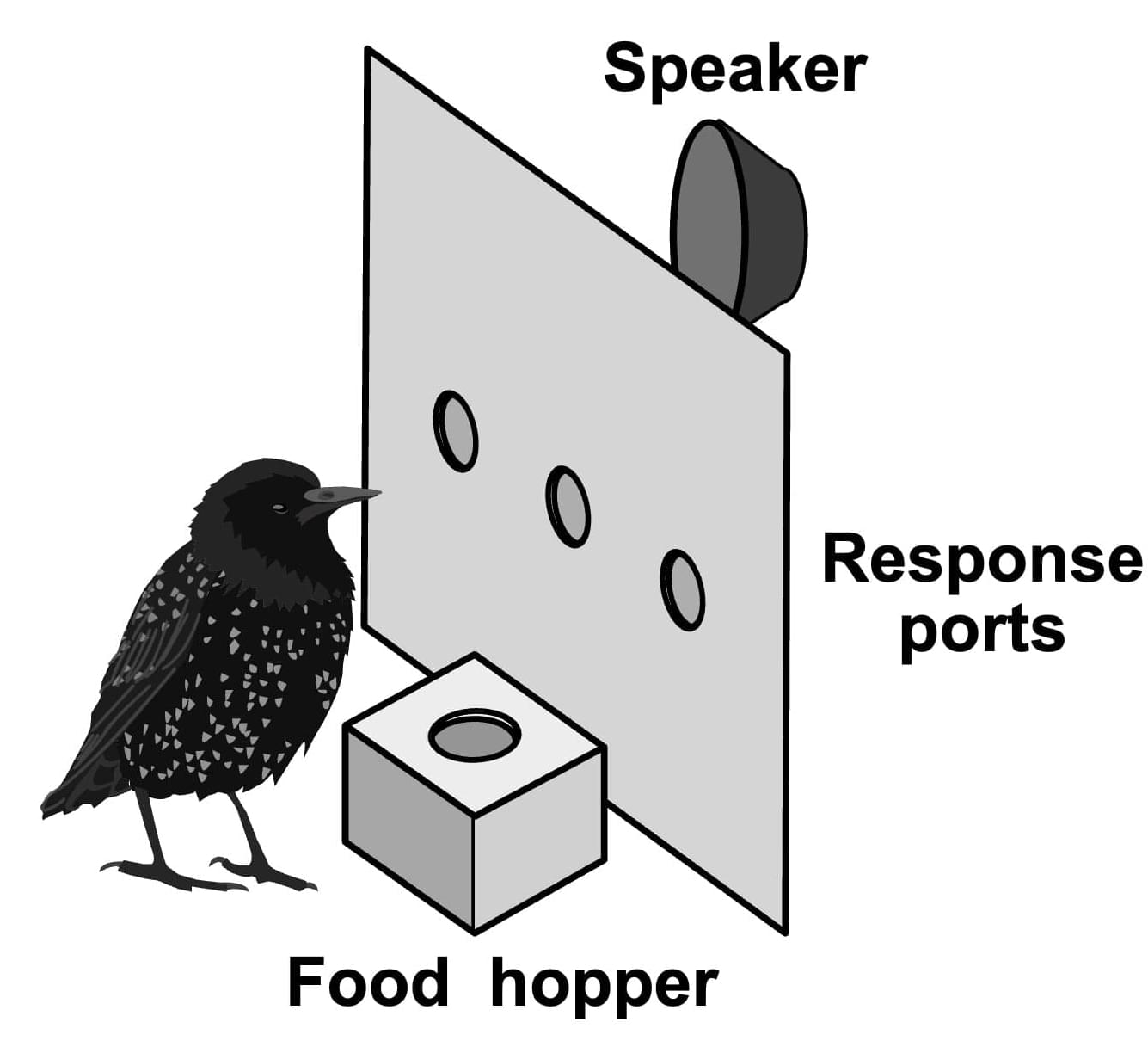Past neuroscience and psychology studies have shown that people’s expectations of the world can influence their perceptions, either by directing their attention to expected stimuli or by reducing their sensitivity (i.e., perceptual acuity) to variations within the categories of stimuli we expect to be exposed to.
While the effects of expectations on perceptions are now well-documented, their neural underpinnings remain poorly understood.
Researchers at University of California San Diego (UC San Diego) carried out a study involving songbirds aimed at better understanding how expectation-fueled biases in perception shape brain activity and behavior.
